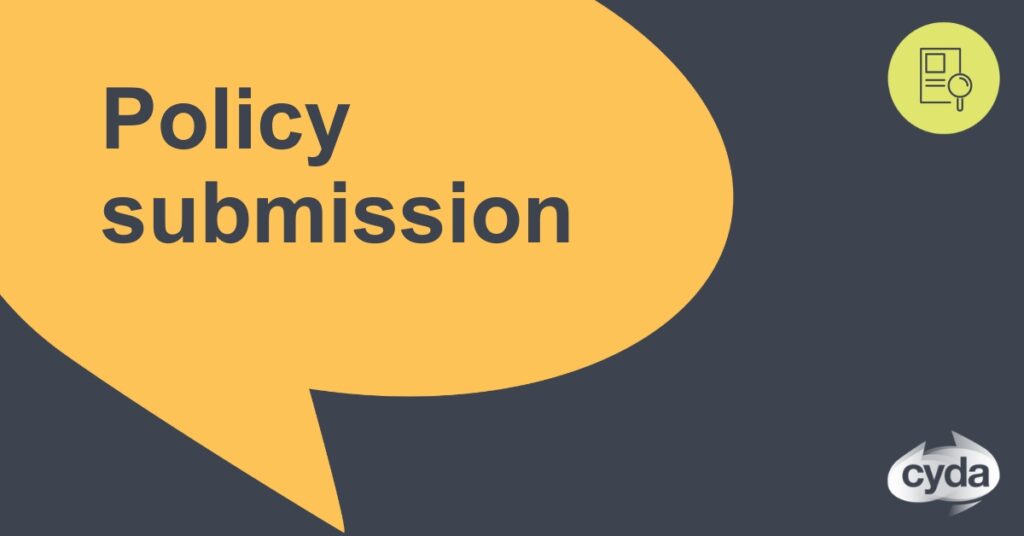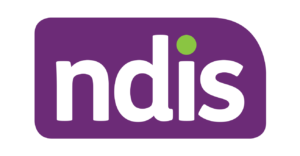This submission focuses on the experience of children and young people with disability in the education settings in which graduate teachers start their career.
Download our full submission using the buttons above.

This submission focuses on the experience of children and young people with disability in the education settings in which graduate teachers start their career.
Download our full submission using the buttons above.

We would like to acknowledge the Traditional Owners and Custodians of the diverse lands from which we work, and pay our respects to their Elders and their connection to land, sea and community. Sovereignty was never ceded and this always was, and always will be, Indigenous Land. We extend these respects to all Aboriginal and Torres Strait Islander Elders and communities from whose lands you are accessing our website.




© Children and Young People With Disability Australia 2023.